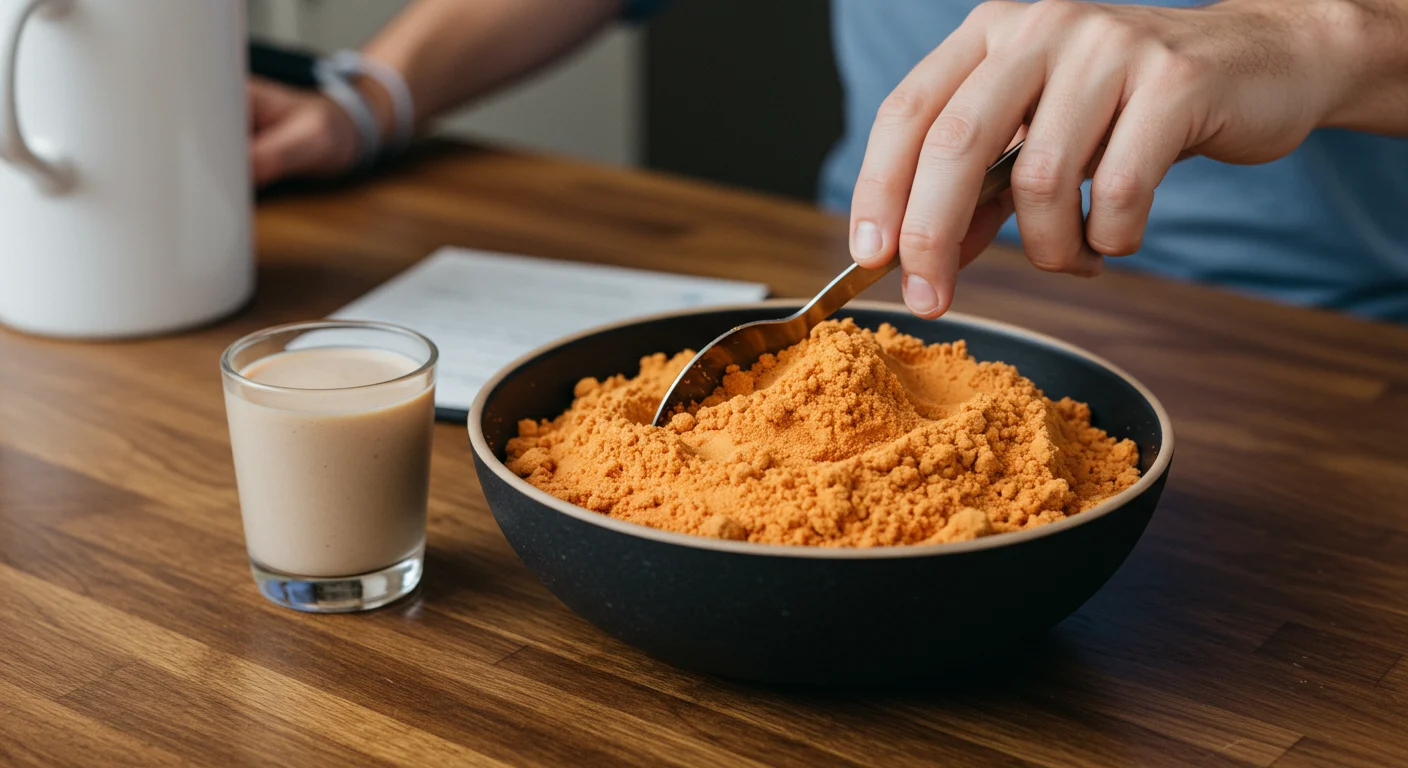
Why Do I Always Look Tired? (How to Finally Take Control)
If you wake up tired and go to bed tired, you’re not broken. You’re human. Here’s the thing: energy is a system, not a lottery. And if you keep asking why do i always look tired, it usually comes down to a few fixable patterns. Let’s make this simple and doable.
First, rule out the medical stuff
Start here because it matters. Red flags worth a chat with your clinician: loud snoring or gasping in sleep, heavy periods, shortness of breath on stairs, unexplained weight change, brittle nails or hair loss, low mood that won’t budge, new headaches, or chronic brain fog. Common culprits include iron deficiency anemia, low B12 or vitamin D, thyroid issues, sleep apnea, and side effects from meds (antihistamines, some antidepressants, beta blockers, and more). Basic labs your doctor might consider: CBC, ferritin, B12, vitamin D, TSH, and a metabolic panel. If you’re forever thinking why do i always look tired, iron and thyroid deserve a look.
None of this is about blaming yourself. It’s about eliminating the big stuff so your everyday fixes actually land. A quick checkup can save you months of guessing.
Everyday habits that quietly drain you
Sleep debt sneaks up. Even a 30–60 minute shortfall per night adds up to a weekend-level crash by Friday. Try a steady sleep window and anchor your wake time. Get morning light in your eyes within 30–60 minutes of waking (outdoors if you can). Keep your bedroom cool and dark, and use a boring wind-down ritual you can actually repeat. Believe it or not, consistency beats perfection.
Caffeine timing matters. Front-load it in the first half of your day and skip it after mid-afternoon. Alcohol steals deep sleep, especially in the second half of the night, so keep it earlier and lighter. Hydration is bigger than you think: aim for steady sips and add electrolytes if you sweat a lot. Eat protein at breakfast to avoid the 2 p.m. crash, and pair carbs with protein or fat to smooth blood sugar. If you’re wondering why do i always look tired in photos by evening, that mix of screen glare, dehydration, and blood sugar dips is often the trifecta.
Eyes look tired? Here’s what people miss
Puffiness usually isn’t about sleep alone. It’s fluid. High-salt dinners, late-night alcohol, allergies, rubbing your eyes, and sleeping face-down can all pool fluid under the eyes. Dark circles come from thin skin, pigmentation, allergies, or just your bone structure casting a shadow. Screens make it worse by drying the surface and making you squint. So if you’re thinking why do i always look tired even after 8 hours, zoom in on these small levers.
Fast, realistic fixes: a cold compress in the morning, a gentle caffeine or peptide eye cream, and SPF every day. Elevate your head a bit when you sleep. Dial down salt at night and rinse your sinuses if allergies hit. Be kind to the skin—no tugging when removing makeup. For pigmentation, vitamin C by day and a tiny bit of retinol at night can help over weeks, not days.
Build a simple energy stack you’ll actually stick to
Morning: water first, then coffee with breakfast, not instead of it. Get outside light on your face. If you can, do 5–10 minutes of gentle movement. It flips on the brain without draining the tank. A protein-forward breakfast steadies your mood and appetite.
Midday: front-load your to-dos while your brain is sharp. Keep a bottle nearby and sip. Take a two-minute screen break every hour—blink, look at something 20 feet away, breathe. If you’re still feeling that slump, a short walk outside works better than a third coffee.
Evening: dim the lights, park the heavy mental tasks, and give yourself a wind-down that signals sleep—stretching, shower, skincare. Keep dinner a little earlier and lighter on salt. And yeah, devices off your face near bedtime really helps with the whole why do i always look tired dilemma.
Helpful tools I actually like
Some gadgets and supplements are worth it when you pick carefully. A sunrise alarm and a decent sleep mask can nudge your rhythm without willpower. Blue‑light–filtering glasses help if you’re glued to screens at night. For recovery, magnesium glycinate before bed is gentle for many people, and electrolytes can be smart on sweaty days. If a clinician confirms low iron or B12, treat that under their guidance—iron is not a DIY experiment. If you want my short list of products that actually pulled their weight, I keep updated picks on Consumer's Best so you can skim and move on.
When to expect real changes
Hydration and caffeine timing can help within a few days. A steady sleep window and morning light usually pay off in 1–2 weeks. Nutrient corrections and under‑eye skincare take longer—4 to 12 weeks is normal. If nothing budges after a month of consistent basics, circle back to your clinician and ask about labs, allergies, or sleep apnea. Progress should feel gradual but real.
Bottom line
Energy isn’t magic. It’s a handful of routines, nudged in the right order. Rule out the medical stuff. Fix the daily drains. Support the eyes and the sleep. And if you want help choosing tools, I’ll point you to the straightforward reviews I write for Consumer's Best—simple, honest, and designed to save you time. You’ve got this.







